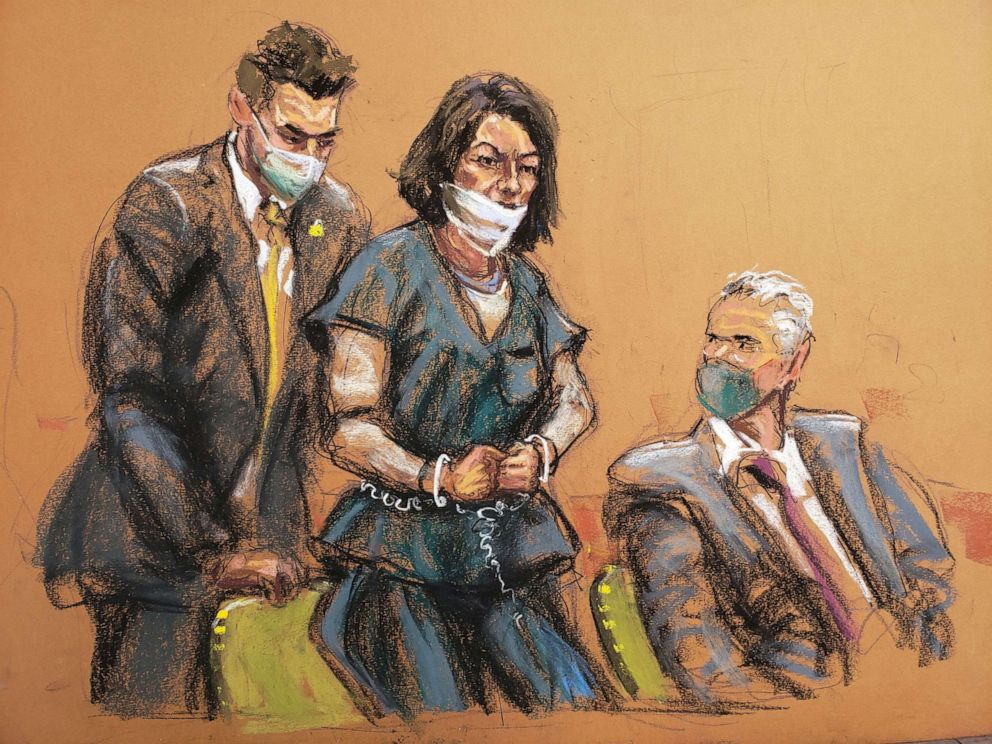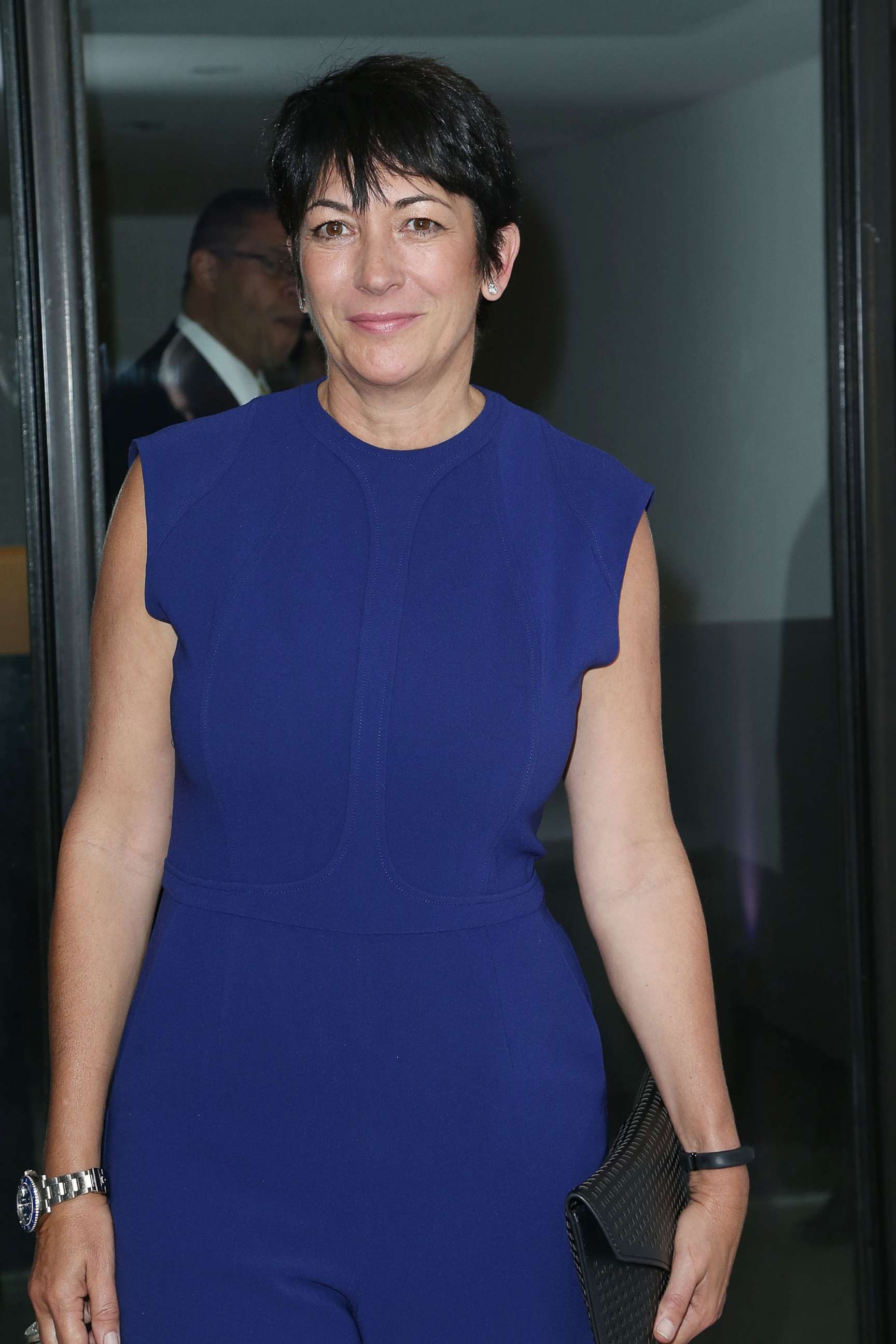Ghislaine Maxwell, prosecutors spar over expert testimony on Jeffrey Epstein's so-called 'halo effect'
Prosecutors are seeking to limit Maxwell's testimony about "false memories."
Federal prosecutors are seeking to preclude or limit Ghislaine Maxwell -- the alleged accomplice of deceased sex offender Jeffrey Epstein -- from offering expert testimony about "false memories" of sexual abuse and about the so-called "halo effect," a theory suggesting that Epstein "used his brilliance" to manipulate people to do his bidding and serve his needs, according to court records.
The government contends that much of Maxwell's proposed expert testimony is unreliable, irrelevant or "squarely within the [knowledge] of the average juror," according to court records in Maxwell's criminal case.
"Rather than focus narrowly on reliable opinions that would be relevant to issues in this case, the defendant proposes to have [her experts] testify broadly about a wide variety of topics, from testimony about various psychological disorders to testimony regarding the generation of false memories in laboratory settings, that are not helpful to the jury," prosecutors wrote Monday.
Maxwell's lawyers have indicated in court filings that they intend to call Elizabeth Loftus, a psychologist and frequent expert witness for defendants, to testify about research "showing that false memories can be described with confidence, detail and emotion, just like true memories," even though a witness may not be "deliberately lying."
The government, however, argues Loftus should not be permitted to offer opinions on witness credibility or to describe a "victim with an alleged false memory as a 'liar' or 'not a deliberate liar.'"
"Such opinions would be highly prejudicial and inflammatory, would confuse and mislead the jury, and would invade the fundamental province of the jury in determining witness credibility," prosecutors wrote.

Maxwell's defense team has also proposed that Park Dietz, a forensic psychiatrist most famous for testifying for the prosecution at the trial of serial killer Jeffrey Dahmer, offer expert opinion to counter the assertions of the government and its proposed expert, who claim Maxwell's alleged grooming of vulnerable, minor girls was a key component in Epstein's scheme of abuse.
"[T]he word 'grooming,' has acquired meaning beyond an objective description of behaviors; it imputes motive and intent without adequate evidence of either," Maxwell's lawyers wrote to the court in a preview of Dietz's anticipated testimony.
Dietz argues that there is no "settled definition" of the term "grooming."
"In the litigation context, when 'grooming' is applied to such common and desirable behaviors as being kind or attentive or helpful or caring, there is considerable risk of misleading the fact finder into believing that these latter behaviors are well established predictors of child sexual abuse, when they are not," he added.
Federal prosecutors have taken particular exception to part of Dietz's proposed testimony that focuses on the so-called "halo effect," which is described by Dietz as a "cognitive bias" where a "positive evaluation of one characteristic has a radiating effect on how other, non-related characteristics of the individual are evaluated."
In a letter submitted to the court by Maxwell's lawyers, Dietz suggested that Epstein "exploited the Halo effect," which "allowed him to use his brilliance to manipulate people to do his bidding and to compartmentalize people into isolated cells in which none had complete information about his activities."
But the government is seeking to exclude Dietz's testimony on the so-called "halo effect," arguing that it appears designed to "engender sympathy for [Maxwell]."

"Dr. Dietz has absolutely no basis to make such broad and sweeping factual claims about Epstein or his relationships with anyone, much less anyone in this case," prosecutors wrote.
"And it is no basis, at all, for Dr. Dietz to suggest to the jury that anyone involved in this case did anything because of Epstein's 'halo,'" they added.
U.S. District Judge Alison Nathan, who is overseeing Maxwell's criminal trial, will hold a hearing Wednesday to settle the parties' disputes over the expert witnesses.
Maxwell, 59, has pleaded not guilty to allegations that she conspired with and aided Epstein's abuse of minor girls between 1994 and 2004. She has been held without bail in a federal detention center in Brooklyn, New York. since her arrest in July 2020.
Maxwell's criminal trial is set to begin on Nov. 29.




